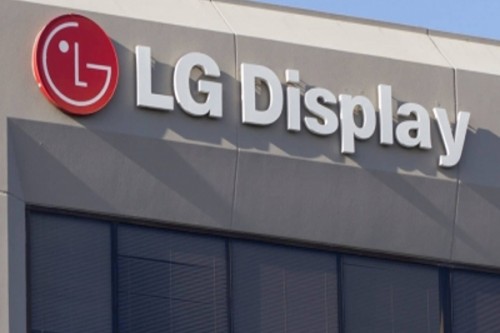Samsung, LG, other S.Korean firms to invest $49 bn in display biz

Seoul, May 20 (IANS Samsung Display, LG Display and other South Korean display companies will make a combined investment of over 65 trillion won ($48.77 billion) by 2027 to secure innovative technologies and reclaim the world's No 1 position, the industry ministry said.
The planned investments aim to expand the country's global market share to over 50 percent by 2027 from last year's 37 percent by developing new technologies for next-generation display items and expanding organic light-emitting diode (OLED) display production lines.
The country will also push to make 80 percent of materials, parts and equipment needed for the display industry with its own technologies, compared with 65 percent in 2022, and to achieve super-gap technologies to outstrip rival nations by more than five years, reports Yonhap news agency.
South Korea became the world's No. 1 player in the display sector in 2004 by outstripping Japan and had maintained the position through 2020. But it was overtaken by China in 2021 amid intensifying competition. China's market share came to 42.5 percent last year.
To help the companies achieve the goals, the government vowed to provide display firms with policy financing of 900 billion won for their fresh investment and equipment manufacturing, and actively consider setting up special zones for the sector to extend infrastructure and other supports.
It plans to earmark over 1 trillion won for research and development projects to advance technologies for mass-producing next-generation panels and for developing inorganic LEDs.
The government will also push to ease regulations and designate key display-related technologies as the country's advanced strategic ones so that companies can enjoy additional tax cuts.
Over the next 10 years, the country plans to nurture 9,000 experts in the sector by opening new courses at graduate schools and beefing up cooperation with colleges, the ministry said.
The country earlier decided to give a tax credit rate of 15 percent on facility investment in strategic industries, including chips and displays, higher than the previous rate of 8 percent.

|

|

